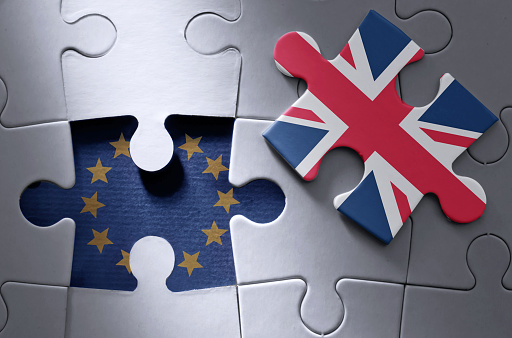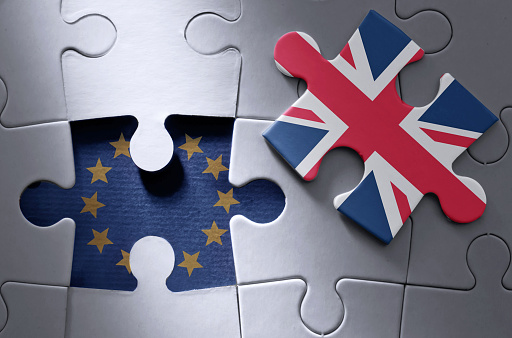
The british pound appears set to recover from last week as market participants seem convinced that the fact that Jeremy Corbyn’s Labor party “close to zero” chance to win majority in the 12 December 2019 general elections should make the case of the Tories. Yet, the launch of Nigel Farage’s Brexit Party candidates into the general election race may well change the landscape of voting results. Without much surprise, the recent release of economic data does not seem to affect much development in GBP. The release of new polls due early next week will likely support the pound, although downside risk continues to weigh on the pound, which appears overbought at current.
Third quarter GDP figures released earlier this week have been supporting the case that the UK economy has been spared by a recession. However, both the year-on-year and quarter-on-quarter gauges, given at 1% (prior: 1.30%), lowest since March 2010 and 0.30% (prior: -0.20%) respectively, below expectations, confirm that the outlook looks challenging in 2020. Industrial production in September points again in negative territory for the seventh time this year as firms have been reducing production in the event of a hard Brexit while trade developments are not helping. The labor market also shows first signs of fatigue despite the unemployment rate back at 3.80% (prior: 3.90%) and resilient wage growth numbers of 3.60% (prior: 3.80%) as employment marks a fall of 58’000 in 3Q while vacancies continue to slide. In addition, month-on-month retail sales in October flashing at -0.10% (prior: 0%) are likely to confirm weaker economic growth by year-end, as a Conservative Party majority within Parliament could potentially introduce additional fiscal stimulus, such as tax reduction. In this regard and considering an election outcome where the Labour Party would lose a substantial amount of seats, two variants remain in place. The first would be a Tory majority while the second would consist of a hung parliament without a majority composed of small parties that would form a coalition to hold a second Brexit referendum. As Nigel Farage’s Brexit Party election plans remain highly elusive and could potentially disrupt any Brexit deal majority, GBP is likely to remain skewed towards election headlines in the coming month.


 Signal2forex.com - Best Forex robots and signals
Signal2forex.com - Best Forex robots and signals




